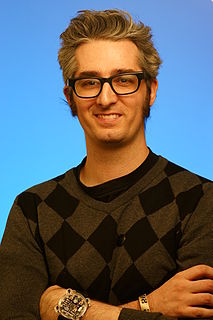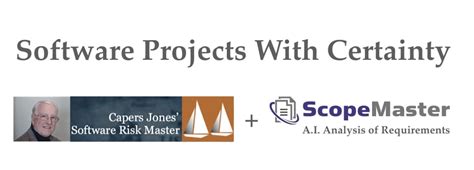A Quote by Wietse Venema
However, writing software without defects is not sufficient. In my experience, it is at least as difficult to write software that is safe - that is, software that behaves reasonably under adverse conditions.
Related Quotes
I'm not of the opinion that all software will be open source software. There is certain software that fits a niche that is only useful to a particular company or person: for example, the software immediately behind a web site's user interface. But the vast majority of software is actually pretty generic.
When you develop software, the people who write the software, the developers are the key group but the testers also play an absolutely critical role. They're the ones who ah, write thousands and thousands of examples and make sure that it's going to work on all the different computers and printers and the different amounts of memory or networks that the software'11 be used in. That's a very hard job.
I named my software 'EMAIL,' (a term never used before in the English language), and I even received the first U.S. Copyright for that software, officially recognizing me as The Inventor of Email, at a time when Copyright was the only way to recognize software inventions, since the U.S. Supreme Court was not recognizing software patents.
With software products, it is usual to find that the software has major `bugs' and does not work reliably for some users... The lay public, familiar with only a few incidents of software failure, may regard them as exceptions caused by exceptionally inept programmers. Those of us who are software professionals know better; the most competent programmers in the world cannot avoid such problems.
...One of the most important lessons, perhaps, is the fact that SOFTWARE IS HARD. From now on I shall have significantly greater respect for every successful software tool that I encounter. During the past decade I was surprised to learn that the writing of programs for TeX and Metafont proved to be much more difficult than all the other things I had done (like proving theorems or writing books). The creation of good software demand a significiantly higher standard of accuracy than those other things do, and it requires a longer attention span than other intellectual tasks.



































